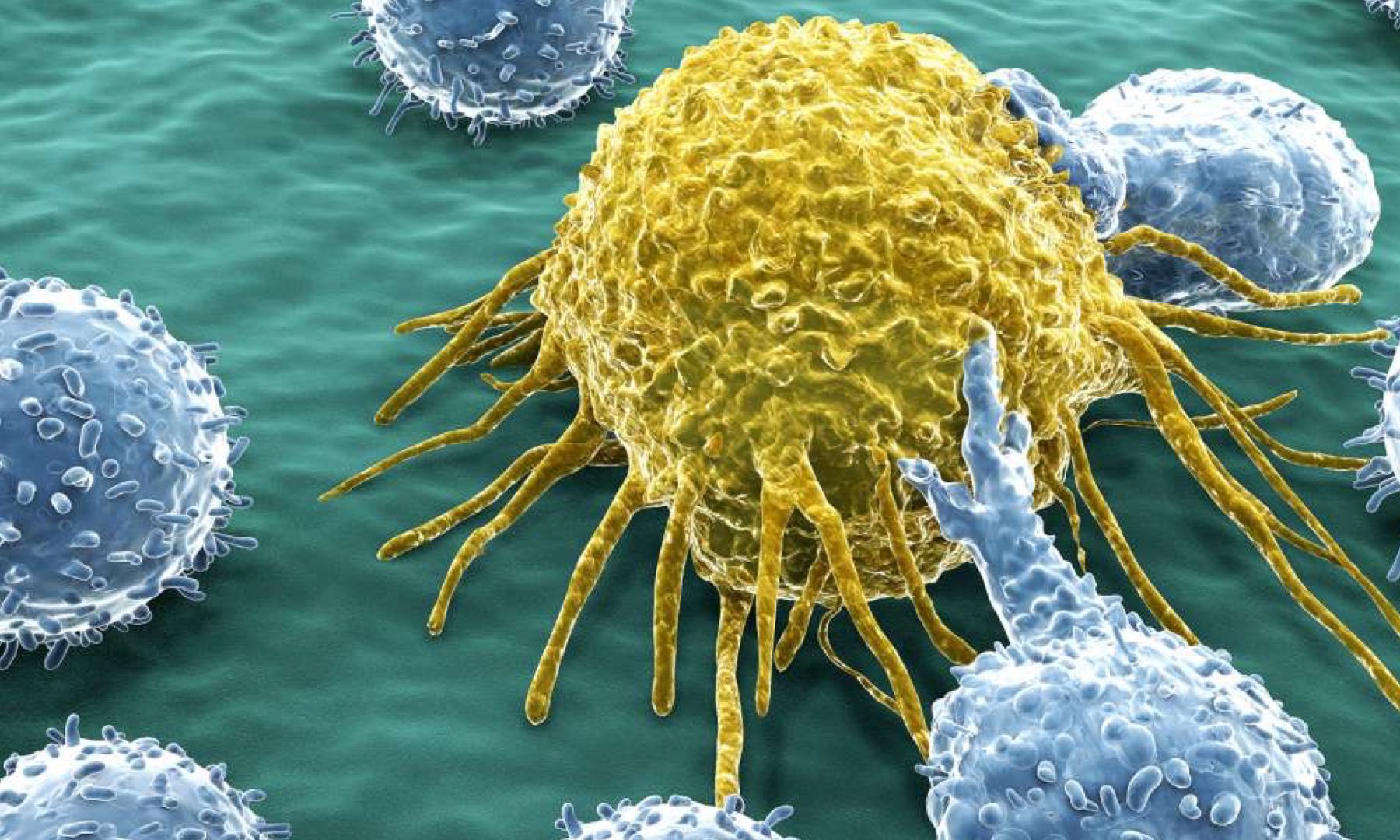Cancer compliment is an open information source aimed towards those diagnosed with cancer and their primary caretakers. The information that you find here is relevant regardless of the stage of the cancer or other factors that typically limit the choices of those diagnosed with cancer.
While these ideas and simple methods may yield excellent result in a short period of time for those that have been recently diagnosed and have not yet gone through any operation or chemotherapy, they can also be very beneficial for those with “late stage” or “terminal’ diagnosis.
Virtually all individuals with a cancer diagnosis suffer from digestive issues and from emotional stress. All of the techniques you find on The Cancer Compliment are presented to directly address these two critical aspects of cancer; the physical and the emotional. All presented methods are non-invasive, natural, easy to learn and easy to adopt.
